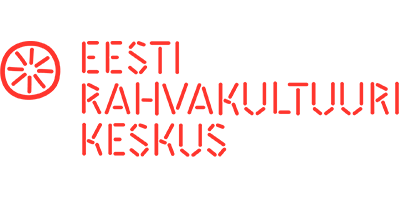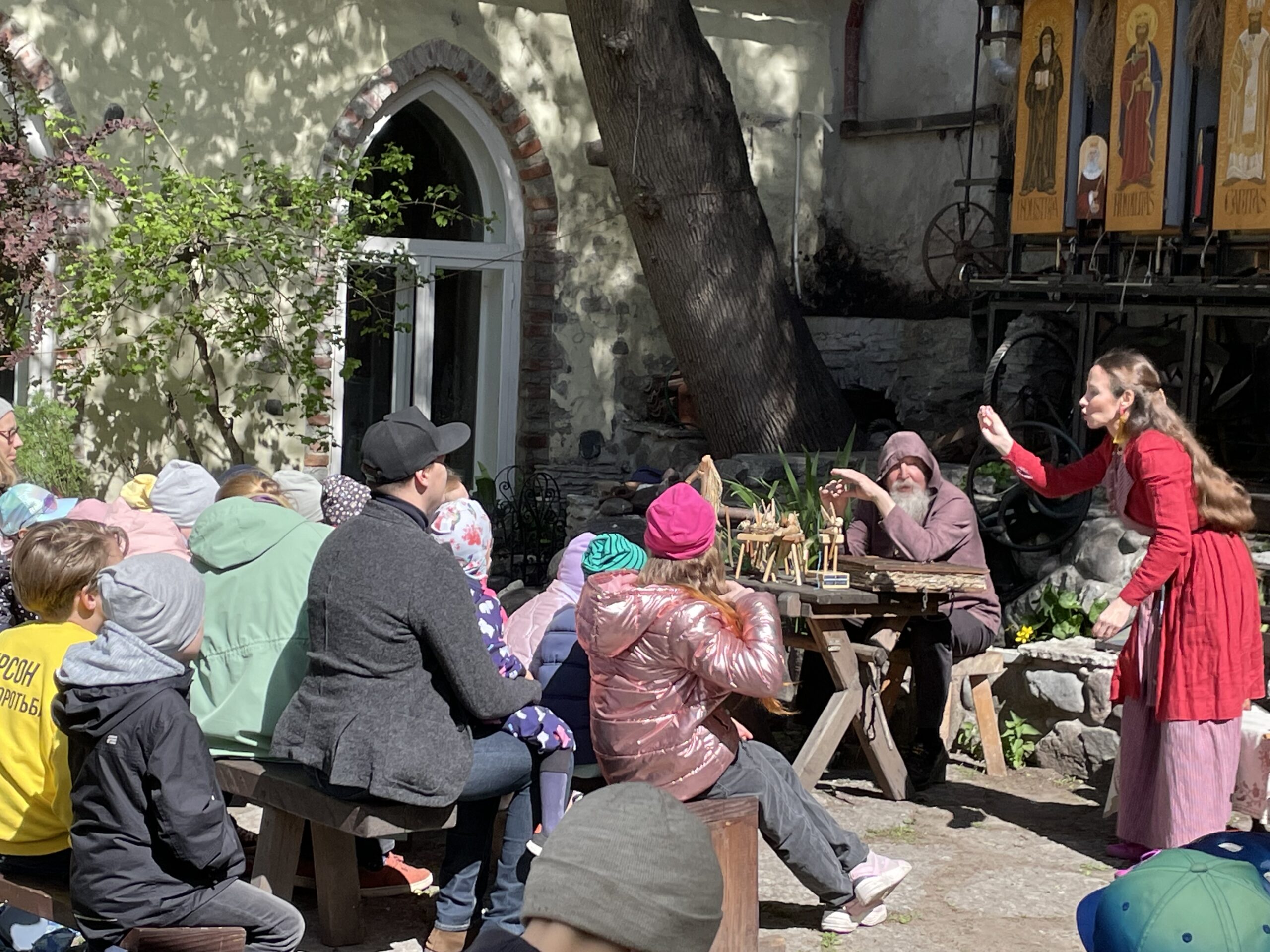

The Festival “Ööbikuööd” (The Nights of the Nightingale) has been created to focus attention on storytelling as a timeless and significant cultural phenomenon, as well as to enable experiencing our living heritage in a wide variety of forms. The main goal of the storytelling festival is to unite people and communities at the grassroots level supporting the sense of communities and safeguarding oral expressions as an important factor of social sustainability.
”Storytelling unites people. A commonly perceived experience of storytelling can help bring people closer to each other and foster mutual support and understanding in crises, and make sense of the world. Such experience may even be therapeutic and have a positive effect on the spiritual level.”
Pilot Project Manager: Estonian Centre of Folk Culture
Storytelling, an expression of oral traditions, is an element of cultural heritage with roots going back to immemorial times of humanity. It is also a powerful media and method to share ideas and values and to support especially local communities. The main goal of the festival “Ööbikuööd” (The Nights of the Nightingale) is to unite people and communities at the grassroots level supporting the sense of belonging in communities and safeguarding oral expressions as an important factor of social sustainability. The event is seen to serve as a unifying force and a catalyst for shared values. The festival also underlines the Estonian minor languages, which are the basis of local identities.
In 2023, the festival focussed on ‘listening as a practice that unites communities’. This theme was interpreted as part of storytelling that can specifically contribute to social and cultural sustainability by strengthening local communities and empowering different groups and individuals of different backgrounds in storytelling practice.
Storytelling is an ancient practice but also a topical media and part of living cultural heritage. It can broaden the understanding between people and of differences, and it can help in coping in and through critical times and even traumatic experiences. Storytelling is a means to support social sustainability in the regions, in the local communities and across target groups in society. At the same time, storytelling an nurture grassroot connections, fortify communal bonds, and safeguard oral traditions as an important factor of social sustainability. Through the LIVIND project the Estonian Centre of Folk Culture, a national level actor, sought to increase cooperation with a number of small regional and local partners and communities and to support their participation in the festival. This also meant establishing opportunities for listening to storytellers, participation in workshops, and also to have good time, even outdoors, accompanied by stories. Children and young people were in particular role, for whom various storytelling workshops and story circles were planned in a number of locations. In general, the goal was to emphasise the role of local storytellers and to strengthen skills and confidence of both seasoned and novice storytellers.
The festival took place on 16 – 21 May 2023 in various places in all Estonian counties. Partners in co-operation included for example libraries, kindergartens, schools, local theatres, local memory institutions, local cultural centres, NGOs, and local and regional organisations and institutions. The festival covered all 15 counties of Estonia and the capital Tallinn with more than 120 events, including many private gatherings in kindergartens and schools. A total of 4520 people participated the events, of this 1/3 were children and young people.
During the event period, many innovative approaches to storytelling were explored: for example, the storytelling yoga for children in Valgamaa, sauna tales shared amidst the warmth of Ida-Virumaa’s saunas, and the storytelling event in Raplamaa, where each room in a house had its own tales. Several events were specially planned for children and the young and were held at schools and kindergartens. The opportunity to participate in events of the storytelling festival were found extremely useful that reflected as high attendance numbers. It also underscored that more such events should be directed to the younger age groups and methods developed for their storytelling.
As part of the festival, three workshops by storyteller Pauline Seebregts from the Netherlands were held in Tartu and in Kanepi (Põlva County) to offer perspectives on storytelling as process and the role of listening within it. The workshops discussed the roles of storyteller and offered viewpoints to strengthen skills and confidence of both seasoned and novice storytellers. Also the local professional storytellers, Piret Päär and Polina Tšerkassova among others, visited the communities and created a good possibility for the old and new storytellers to step into a dialogue and learn from each other.
The various events were especially appreciated by the younger age groups of schools and kindergartens that participated the events thanks to the approach where more counties were targeting their events to children and the young. Popularity of events was also higher in areas that held relatively strong local communities already. Workshops by the guest speaker might also have added to the higher number of participants compared to the previous years.
As a direct result, there now are more children and young with first-hand experience of storytelling, even as participating in the role of storyteller or as part of the audience. Thanks to the workshops and various experimental approaches to storytelling, participants started identifying themselves as storytellers, and storytelling skills among the old and the new storytellers are improving. There are more of local village storytellers who feel empowered and encouraged to continue their oral practice. For example, there were many new võro language (dialect spoken in South-Eastern Estonia) storytellers in the regional event. Also the cooperation with regional and local partners brought new target groups to the festival such as the people interested in sauna culture and sauna stories in Ida-Virumaa, also the religious communities in Raplamaa and Järvamaa.
As a result of the festival there are more people of all ages in the centres and in the rural areas that value storytelling as an important part of oral living tradition. Participation rates have notably increased compared to previous years, with newfound confidence among local villagers, particularly evident in the emergence of new storytellers fluent in the võro language (a dialect spoken in South-Eastern Estonia), as they started identifying themselves as storytellers. Another important result is that cooperation with regional and local partners brought new target groups to the festival, such as the people interested in sauna culture and sauna stories in Ida-Virumaa, also the religious communities in Raplamaa and Järvamaa.
However, there were also challenges. It was found that information dissemination about the festival should have started earlier. Even the timing of the festival in mid-May was all in all questioned, because for many rural communities it is the busiest time in gardens and on fields. Some of the regional folk culture specialists also indicated that there would be a need to reformat the event and that the local events should altogether be more locally led. Grown-ups who are new to storytelling as an oral practice is the most challenging audience to reach, but here the various experimental approached could help.
Indeed, the regional events and the storytelling performative workshops by professional storyteller Pauline Seebregts significantly contributed to raising awareness about the role of storytelling as a vehicle for fostering shared values and as a living heritage expression with implications for social, cultural, and environmental development. Through these events, attendees have been immersed in the rich tradition of storytelling, experiencing first-hand its power to connect people, preserve cultural heritage, and promote socially sustainable practices.
